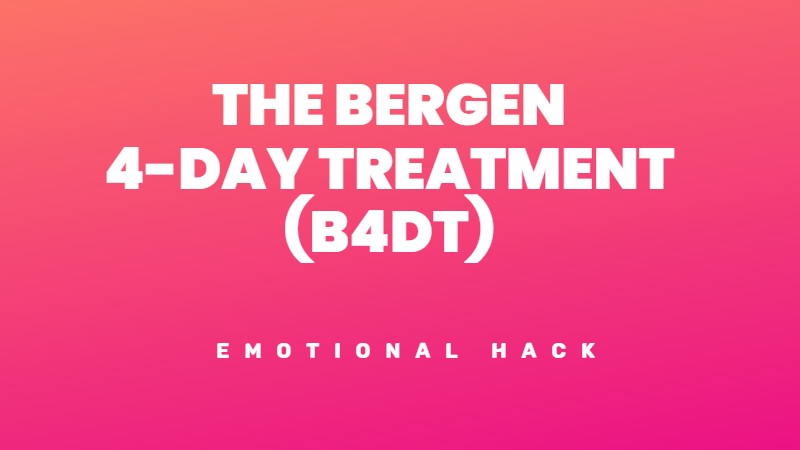Life is full of struggles. One minute, you’re cruising along; the next, you face an insurmountable obstacle. Some problems are so complex that even the most analytical minds get stumped. When logic fails, it’s time to tap into the hidden resource of prayer.
The power of prayer for problem-solving
Problems abound in life. From simple daily struggles to life-altering decisions, we all face dilemmas requiring creativity, persistence and insight. While logic, lists of pros and cons, and the advice of friends can all help, have you considered prayer as a problem-solving tool?
Surprisingly, new research shows that people who pray spontaneously employ many of the same strategies used by expert problem-solvers – often without realizing it. By analyzing how Christians pray, we gain fascinating insights into how prayer provides unique cognitive benefits.
1. Using prayer to understand problems
The first step to solving any problem is to understand it deeply. People who pray naturally spend time articulating their problems to God. This act of putting the dilemma into words provides clarity.
Research participants frequently used their prayers to describe their problem state (where they are now), their goal state (where they want to be), and obstacles in between. This mirrors a problem-solving technique used by mathematicians and computer scientists.
2. Making a plan by conversing
After understanding the problem, effective solvers make a plan. People who pray do this by asking God for guidance. Within the prayer, they often identify past successes, ponder potential strategies, and select a course of action.
This collaborative approach provides unique advantages. Praying people report feeling “helped” and describe delegating parts of their problems to God. This provides relief and renewed motivation. Believing an all-knowing, all-powerful being is on your side is a powerful problem-solving asset.
3. Prayer provides focus and emotional benefits
Solving tough problems requires persistence and emotional regulation. Prayer helps with both. People who pray build safeguards against distraction, like designating quiet places and closing their eyes. Directing thoughts toward God provides built-in mindfulness.
Prayer also boosts mood and provides a sense of meaning. While it doesn’t necessarily make problems go away, prayer can change one’s emotional reaction. Reminders to love others and see circumstances through God’s eyes help put struggles into perspective.
Tap into the problem-solving power
While these studies focused on Christians, people from many faith traditions engage in similar prayer-based problem-solving. At its core, prayer is a conversation with the divine – however you may conceive of it.
Sagens kerne
You don’t have to be religious to gain cognitive and emotional benefits. Talk through problems with a friend or counsellor. Write your dilemmas and your attempts at solutions. Carve out quiet moments to reflect on challenges.
The research is clear. Prayer works, whether you consider yourself religious or not. The next time you’re wrestling with a problem that seems insurmountable, try talking it out with the divine. With mindfulness and practice, you can use this technique to tap hidden potential within yourself. The answers you seek may be closer than you think.




Giv feedback om dette